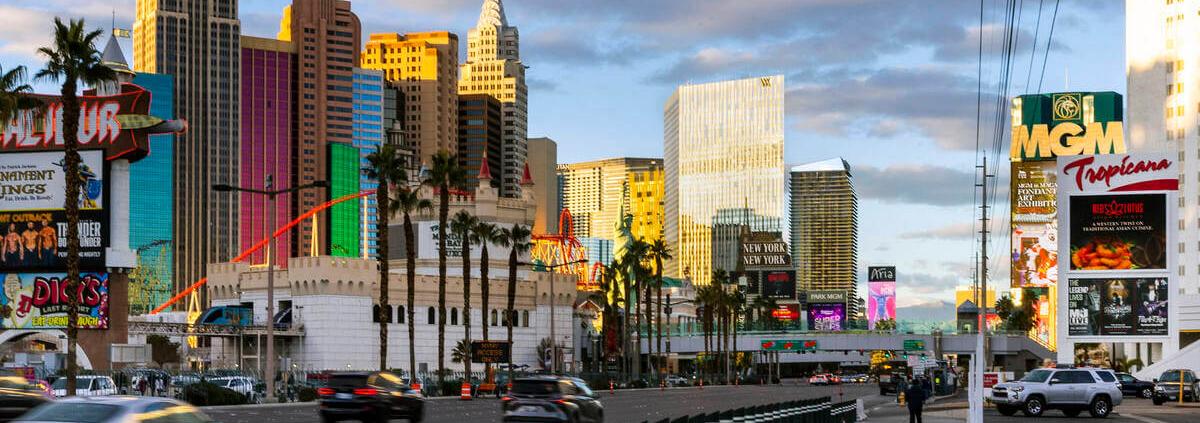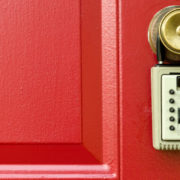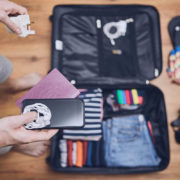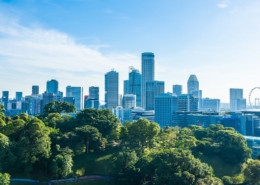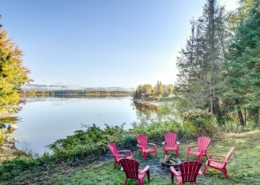Las Vegas Airbnb Regulations: A Helpful Resource for Hosts
The Best US Cities for Airbnb Business
Introduction to Las Vegas Airbnb Regulations
Guide on How to Start an Airbnb Business in Las Vegas
As a Las Vegas Airbnb host, it is essential to understand and comply with the city’s regulations to ensure a successful hosting experience. This comprehensive guide outlines Las Vegas Airbnb regulations, requirements, permits, and taxes that hosts need to be aware of and provides tips for navigating these regulations.
Short-term Rental Permit Requirements
To operate an Airbnb in Las Vegas, hosts must obtain a short-term rental permit from the city. The following are key requirements and steps to obtaining a permit:
- Owner Occupancy: The property must be the owner’s primary residence, and they must reside there for at least 275 days per year.
- Proof of Insurance: Hosts must provide proof of liability insurance with a minimum coverage of $500,000.
- Distance Separation: Short-term rentals must be located at least 660 feet apart from each other in residential areas.
- 24-hour Contact Person: Hosts must designate a local contact person available 24/7 to address any concerns or issues that may arise during a guest’s stay.
- Occupancy Limits: The maximum occupancy for a short-term rental property is based on the number of bedrooms. Each bedroom allows for two guests, with a maximum of 12 guests in total.
- Noise Restrictions: Hosts must include noise restrictions in their house rules and ensure guests adhere to them. Quiet hours are between 10 PM and 7 AM.
After meeting these requirements, hosts can apply for a short-term rental permit through the City of Las Vegas website. Read more here.
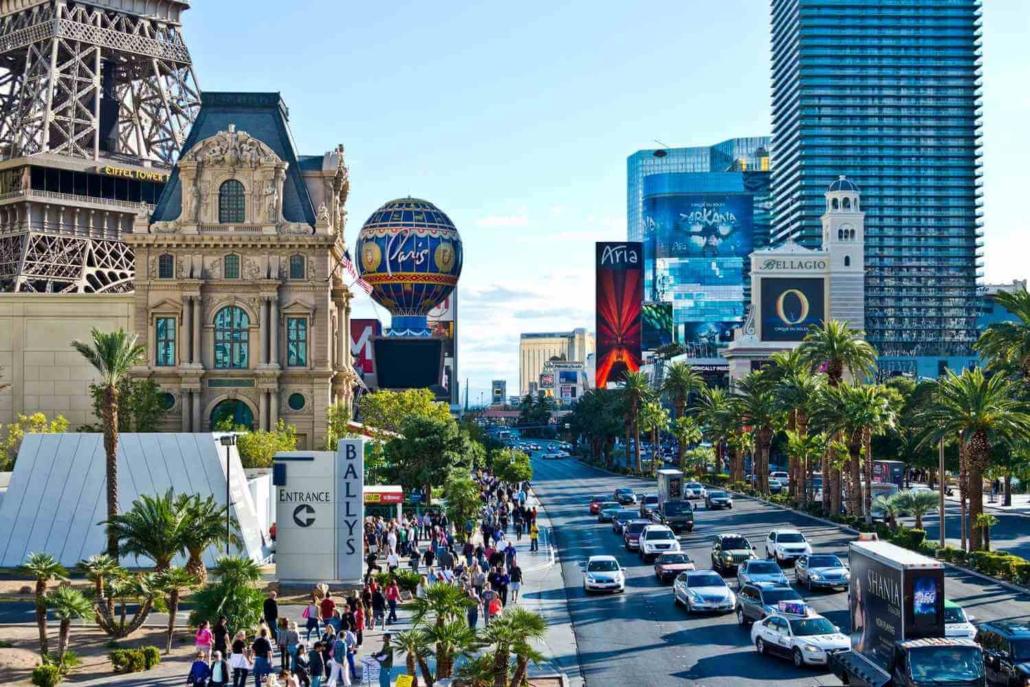
Business License and Registration
In addition to obtaining a short-term rental permit, hosts must also obtain a business license from the City of Las Vegas. The process includes:
- Completing an Application: Hosts must complete a business license application, which can be found on the city’s website.
- Paying the Application Fee: The application fee varies depending on the type of property being rented. Check the city’s website for the most up-to-date fee information.
- Undergoing an Inspection: The property may need to pass an inspection by the Las Vegas Fire and Rescue Department to ensure it meets safety standards.
Transient Lodging Tax
Within the city of Las Vegas jurisdiction, lodging establishments rented out to guests for 30 days or less on a daily or less than weekly basis are subject to room tax, also known as “transient lodging tax.” This tax is assessed on the occupancy of a room and all related charges. The collected room taxes contribute to funding for various state and local projects, including the new NFL stadium, the expansion of the Las Vegas Convention and Visitors Authority, and education. Operators are responsible for collecting the room tax from guests as a separate add-on charge and remitting the taxes on or before the 15th day of the month following the month the taxes accrued to avoid penalties and interest. Failure to pay room tax may result in a lien against the property and the risk of having the business license revoked. The room tax rate is 13% for properties located outside the Primary Gaming Corridor and 13.38% for those inside the Primary Gaming Corridor.
Read about taxes on Airbnb income in Las Vegas here.
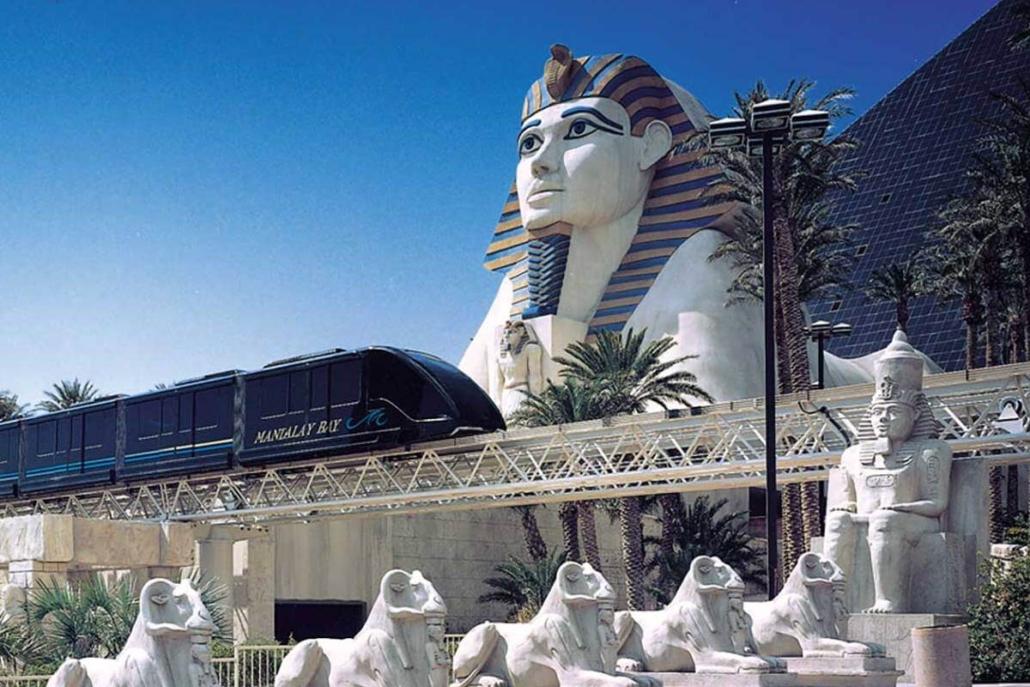
Safety Requirements and Best Practices
Ensuring the safety of guests is paramount for Airbnb hosts. Adhering to the following safety requirements and best practices can help hosts create a secure and comfortable environment for their guests:
- Smoke and Carbon Monoxide Detectors: Install working smoke and carbon monoxide detectors on the property and test them regularly.
- Fire Extinguishers: Place fire extinguishers in accessible locations and provide clear instructions on how to use them.
- Emergency Exit Plan: Create an emergency exit plan for guests and display it prominently in the rental property.
- First Aid Kit: Provide a well-stocked first aid kit for guests to use in case of emergencies.
- Safety Card: Create a safety card that includes important contact information, such as the 24-hour contact person, emergency services, and the nearest hospital.
- Secure Access: Ensure the property is secured with high-quality locks on doors and windows. Consider using a keyless entry system or a lockbox to provide secure access for guests.
- Regular Maintenance: Conduct regular maintenance checks on the property, including electrical systems, plumbing, and appliances, to prevent potential hazards.
Neighborhood Guidelines and Community Relations
Maintaining a positive relationship with neighbors is vital for Airbnb hosts. Consider implementing these strategies to promote good community relations:
- Communication: Inform neighbors about your plans to operate a short-term rental and provide them with your contact information in case they have any concerns.
- House Rules: Establish clear house rules for guests to follow, including noise restrictions, parking guidelines, and waste disposal instructions.
- Screening Guests: Use Airbnb’s guest screening tools to ensure you’re hosting responsible and respectful guests.
- Addressing Concerns: Respond promptly to any neighbor’s concerns and work together to find a solution that satisfies all parties involved.
Conclusion
Understanding and complying with Las Vegas Airbnb regulations is crucial for hosts to provide a safe, legal, and enjoyable experience for their guests. By obtaining the necessary permits and licenses, collecting and remitting taxes, ensuring guest safety, and fostering positive community relations, hosts can set themselves up for success in the competitive Las Vegas short-term rental market.

